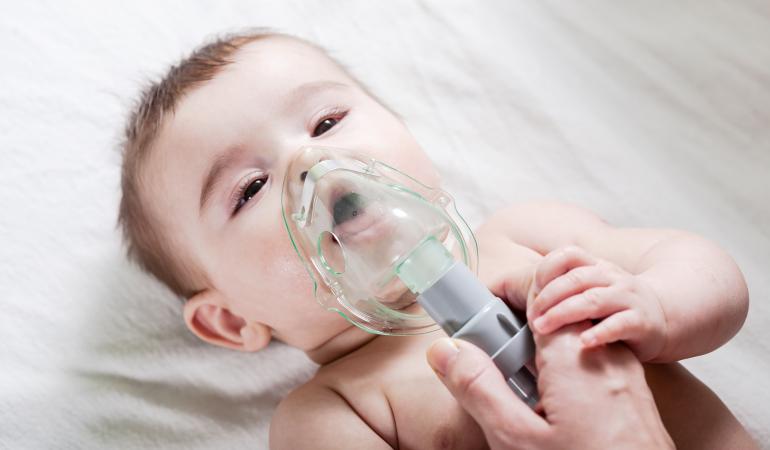
RIVM and Nivel contribute to building a European RSV monitoring network. Through the network, European health institutions and laboratories will exchange data on the spread of RSV. This will help us to better monitor the virus.
The network will also track the effects of interventions aimed to boost our defences against RSV, such as future vaccinations. The network is part of a European research project, PROMISE, which was officially launched on 1 November 2021. The Dutch partners in the project are RIVM, Nivel and UMC Utrecht.
Serious respiratory infection
RSV, or Respiratory Syncytial Virus, is a virus that can cause infection of the airways. Young babies, and sometimes older people too, can become very ill when infected with RSV. They feel short of breath, due to an infection of the small airways (bronchiolitis) or to pneumonia. Worldwide, RSV infection is a major cause of child mortality.
Monitoring the spread of RSV by sharing data
The organisations that join the network will share data on the circulation of RSV. They do so in collaboration with the European Centre for Disease Prevention and Control (ECDC) and the World Health Organization (WHO). They will also identify the best methods for detecting and examining RSV in the laboratory. By exchanging data, we can closely monitor the virus. For example, this will enable us to warn hospitals and policymakers at an early stage about a potential RSV outbreak.
About the PROMISE study
PROMISE, ‘Preparing for RSV Immunisation and Surveillance in Europe’, is the sequel to RESCEU, the Respiratory Syncytial Virus Consortium in Europe project. The main purpose of RESCUE was to improve our understanding of the incidence of RSV and reduce its impact on the healthcare system. The PROMISE project is funded by the European Commission through the Innovative Medicines Initiative, a public-private funding arrangement. The University Medical Center Utrecht will carry out clinical studies into RSV.